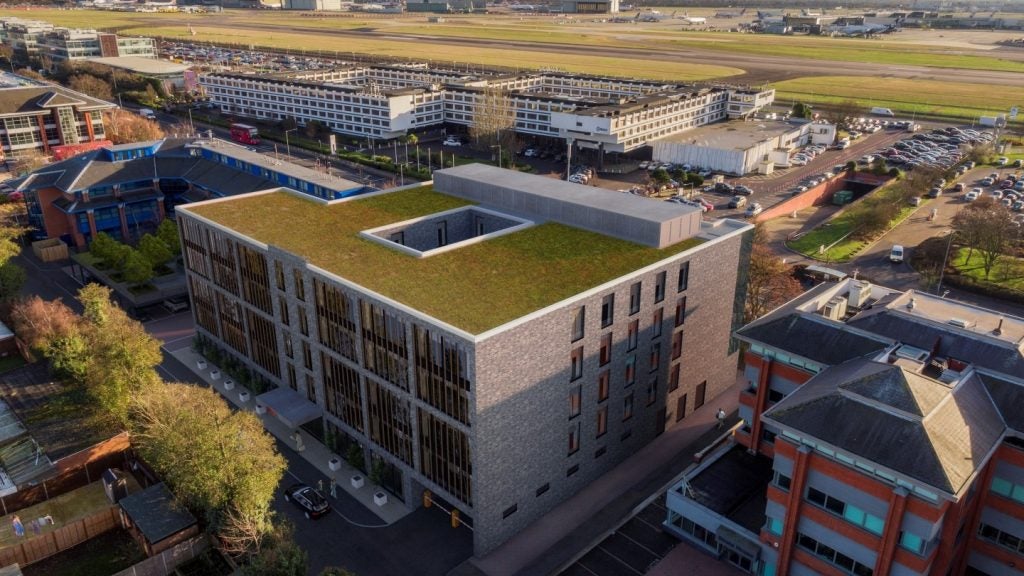
Extended-stay hotels are experiencing increased interest due to several factors.
The rise in remote work has led to more people taking business trips combined with leisure activities, blurring the lines between work and vacation.
Work crews moving from site to site for infrastructure investments such as road building and green energy projects, have also contributed to the growing demand.
Hotel companies expand portfolios and brands
The appeal of extended-stay hotels goes beyond customer preferences; these lodgings also offer cost advantages to hotel companies.
With guests staying longer and requiring less housekeeping, extended-stay hotels are more cost-effective to operate than full-service hotels.
This has prompted hotel companies such as Hilton Worldwide, Hyatt Hotels, Marriott International, Best Western International, Wyndham Hotels & Resorts and Choice Hotels to expand their portfolios and introduce new extended-stay brands.
How well do you really know your competitors?
Access the most comprehensive Company Profiles on the market, powered by GlobalData. Save hours of research. Gain competitive edge.

Thank you!
Your download email will arrive shortly
Not ready to buy yet? Download a free sample
We are confident about the unique quality of our Company Profiles. However, we want you to make the most beneficial decision for your business, so we offer a free sample that you can download by submitting the below form
By GlobalDataBenefits of extended-stay hotels
Economic construction is a priority for hotel operators when it comes to extended-stay hotels. The design of these hotels allows for more revenue-generating space. They also require fewer employees for housekeeping and front desk duties compared to full-service hotels.
As labour costs continue to rise, the cost-effectiveness of operating extended-stay hotels becomes even more apparent.
Appealing to different travellers
Extended-stay hotels cater not only to business travellers but also to leisure travellers seeking affordable accommodations.
These hotels often provide amenities such as kitchens with full-size refrigerators and range tops, allowing guests to cook meals and save money on dining out.
While home-sharing platforms such as Airbnb and Vrbo also offer similar amenities, hotel companies emphasise their consistent hospitality standards, providing reassurance to travellers.
Positive outlook for extended-stay hotels
Industry experts are optimistic about the future of extended-stay hotels. Despite the recent influx of new brands, they believe the market will not become saturated soon.
The combination of remote work trends, infrastructure investments and other factors such as US government spending on infrastructure projects is expected to fuel extended-stay occupancy for years to come.
Hotel investors are confident in the long-term demand for extended-stay lodging, making it a compelling segment in the hospitality industry.








Related Company Profiles
Marriott International Inc
Hilton Worldwide Holdings Inc
Hyatt Hotels Corp
Wyndham Hotels & Resorts Inc
Best Western International Inc